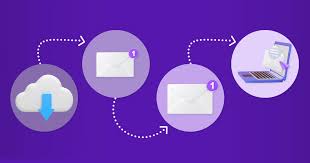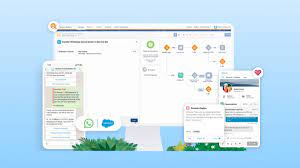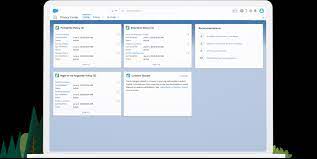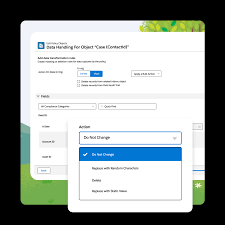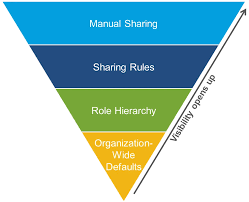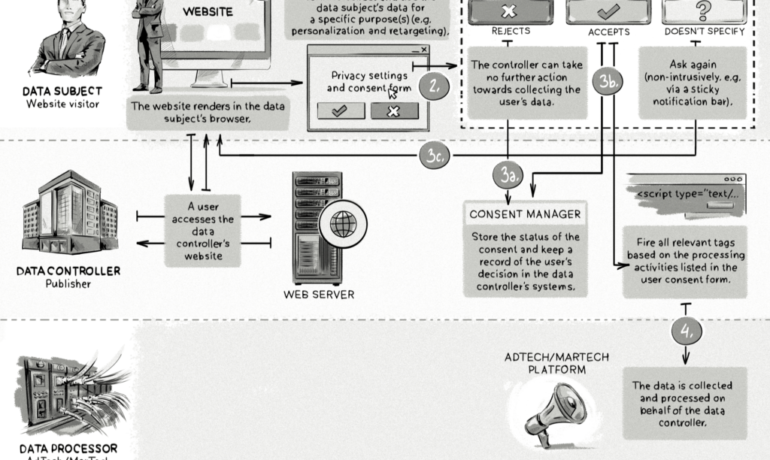What is Salesforce Marketing Cloud?
Salesforce has strategically expanded its marketing technology tools over the years, integrating a range of powerful technology into its CRM platform. These acquisitions have empowered businesses to manage the full customer journey, enabling digital engagement at scale. Salesforce Marketing Cloud consists of five core product offerings: Let’s dig in to these products, their capabilities, and how they help marketers drive more personalized, data-driven engagement. Marketing Cloud Engagement (MCE) MCE is a robust, cross-channel marketing automation platform designed to create personalized customer journeys. It empowers marketers with AI-driven insights, enabling them to activate customer data and deliver dynamic content across multiple touchpoints, including email, SMS, WhatsApp, push notifications, digital ads, and the web. Built for scalability, MCE provides enterprise-grade reliability and deep integration capabilities. While often associated with B2C use cases, it’s flexible enough to support various business models. With its AI-powered automation and open architecture, MCE helps marketers drive customer lifetime value while optimizing campaign efficiency. Marketing Cloud Account Engagement (MCAE) MCAE, formerly Pardot, is Salesforce’s B2B marketing automation solution, aligning sales and marketing teams with a shared customer view. It streamlines lead management with AI-powered scoring, real-time campaign insights, and automation tools that help businesses prioritize leads and accelerate sales cycles. This platform enables businesses to nurture prospects effectively through email campaigns, landing pages, and web tracking while optimizing engagement and revenue growth. By unifying marketing and sales efforts, MCAE helps teams drive higher lead conversion and sales efficiency. Marketing Cloud Growth/Advanced Editions Designed for small to mid-sized businesses (SMBs), Marketing Cloud Growth and Advanced Editions provide AI-powered marketing capabilities tailored to organizations using Salesforce Sales or Service Cloud Enterprise/Unlimited editions. These editions leverage Salesforce Data Cloud and AI to simplify campaign creation, personalize customer interactions, and offer real-time marketing insights. Key features include Einstein Co-Create for asset generation, automated segmentation, and AI-driven email engagement optimization. As these editions continue to evolve, they will likely bridge the gap between B2B and B2C marketing automation, offering an integrated experience that scales with business needs. Marketing Cloud Personalization (MCP) MCP enables real-time, AI-powered personalization across customer interactions. It uses behavioral data and a unified customer profile to deliver tailored content, offers, and experiences at the right moment. MCP’s capabilities include: By reacting instantly to customer actions, MCP helps businesses increase conversion rates, order values, and customer loyalty. While it integrates with MCE, it operates as a standalone solution to enhance customer engagement strategies. Marketing Cloud Intelligence (MCI) MCI is Salesforce’s marketing analytics solution, designed to unify data across platforms and provide a single source of truth for marketing performance. With MCI, marketers can: MCI eliminates data silos, helping marketers make data-driven decisions that maximize ROI and customer engagement. It complements Salesforce’s analytics tools like CRM Analytics (CRMA) and Tableau but is specifically designed for marketing performance measurement. Marketing Cloud & Data Cloud: A Powerful Combination All Salesforce Marketing Cloud products connect with Salesforce Data Cloud, allowing businesses to enrich customer profiles with engagement data. This integration enables highly targeted segmentation, AI-driven personalization, and automated journey orchestration. By continuously refining customer insights, businesses can create a feedback loop that optimizes engagement and improves marketing effectiveness. This dynamic data sharing allows for real-time personalization at scale, fulfilling the promise of AI-driven marketing. Solving Today’s Marketing Challenges with Marketing Cloud Marketers today face significant challenges, including: Salesforce Marketing Cloud provides a flexible, AI-powered ecosystem that addresses these challenges. Businesses can combine different Marketing Cloud products based on their specific needs, such as using MCE or MCAE for automated journeys, MCP for AI-driven personalization, and MCI for unified performance tracking. By integrating these solutions, marketers can achieve higher engagement, improved ROI, and more efficient campaign execution. Salesforce Marketing Cloud Consulting with Tectonic Optimized marketing begins with unified data and AI-driven insights. At Tectonic, we specialize in configuring Salesforce Marketing Cloud in every flavor to align with your business objectives, ensuring success through: With deep expertise in Salesforce Data Cloud, AI, and marketing automation, Tectonic helps businesses unlock the full potential of Salesforce Marketing Cloud. Learn more about our consulting services or contact us to get started today. Like Related Posts Salesforce OEM AppExchange Expanding its reach beyond CRM, Salesforce.com has launched a new service called AppExchange OEM Edition, aimed at non-CRM service providers. Read more The Salesforce Story In Marc Benioff’s own words How did salesforce.com grow from a start up in a rented apartment into the world’s Read more Salesforce Jigsaw Salesforce.com, a prominent figure in cloud computing, has finalized a deal to acquire Jigsaw, a wiki-style business contact database, for Read more Service Cloud with AI-Driven Intelligence Salesforce Enhances Service Cloud with AI-Driven Intelligence Engine Data science and analytics are rapidly becoming standard features in enterprise applications, Read more


